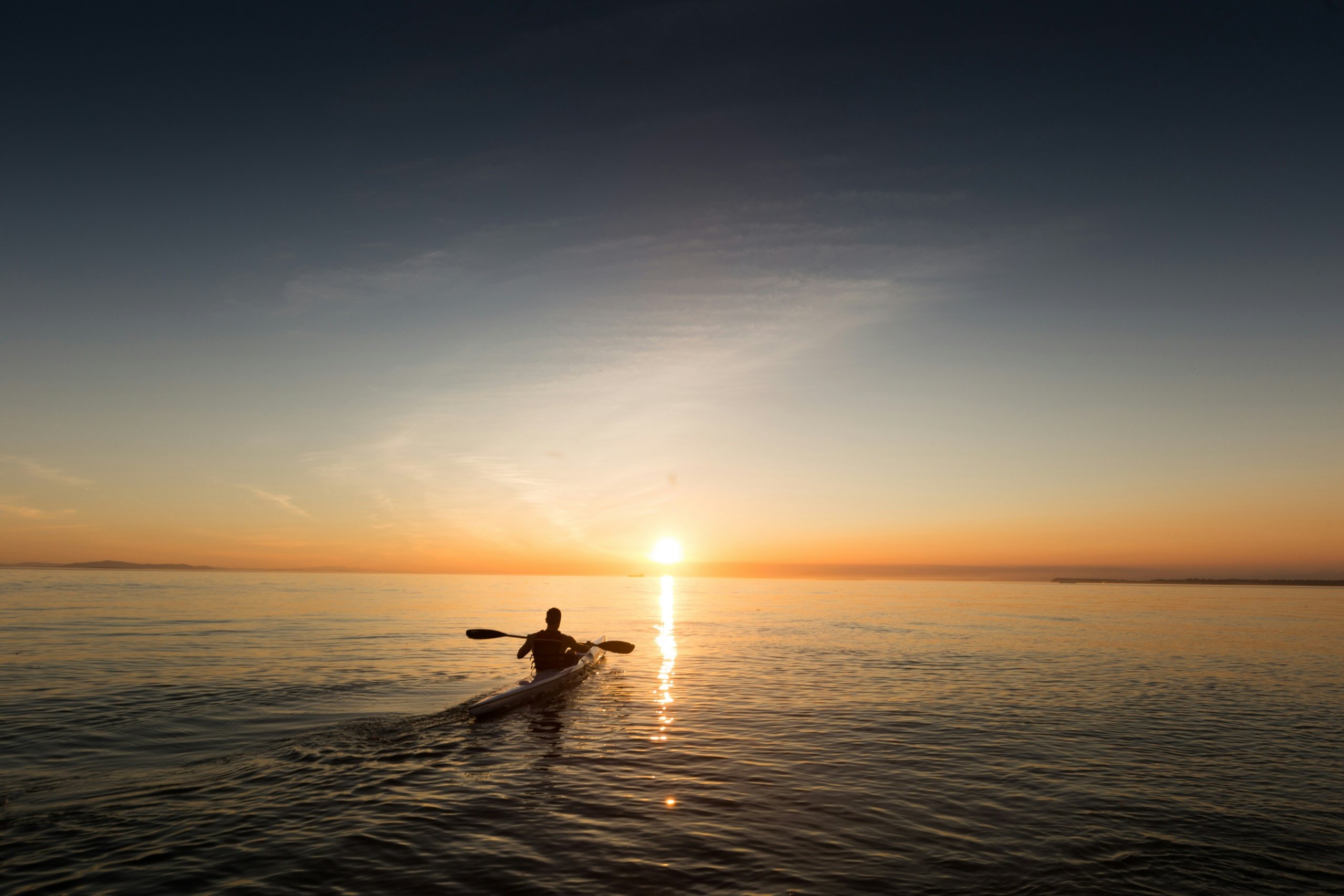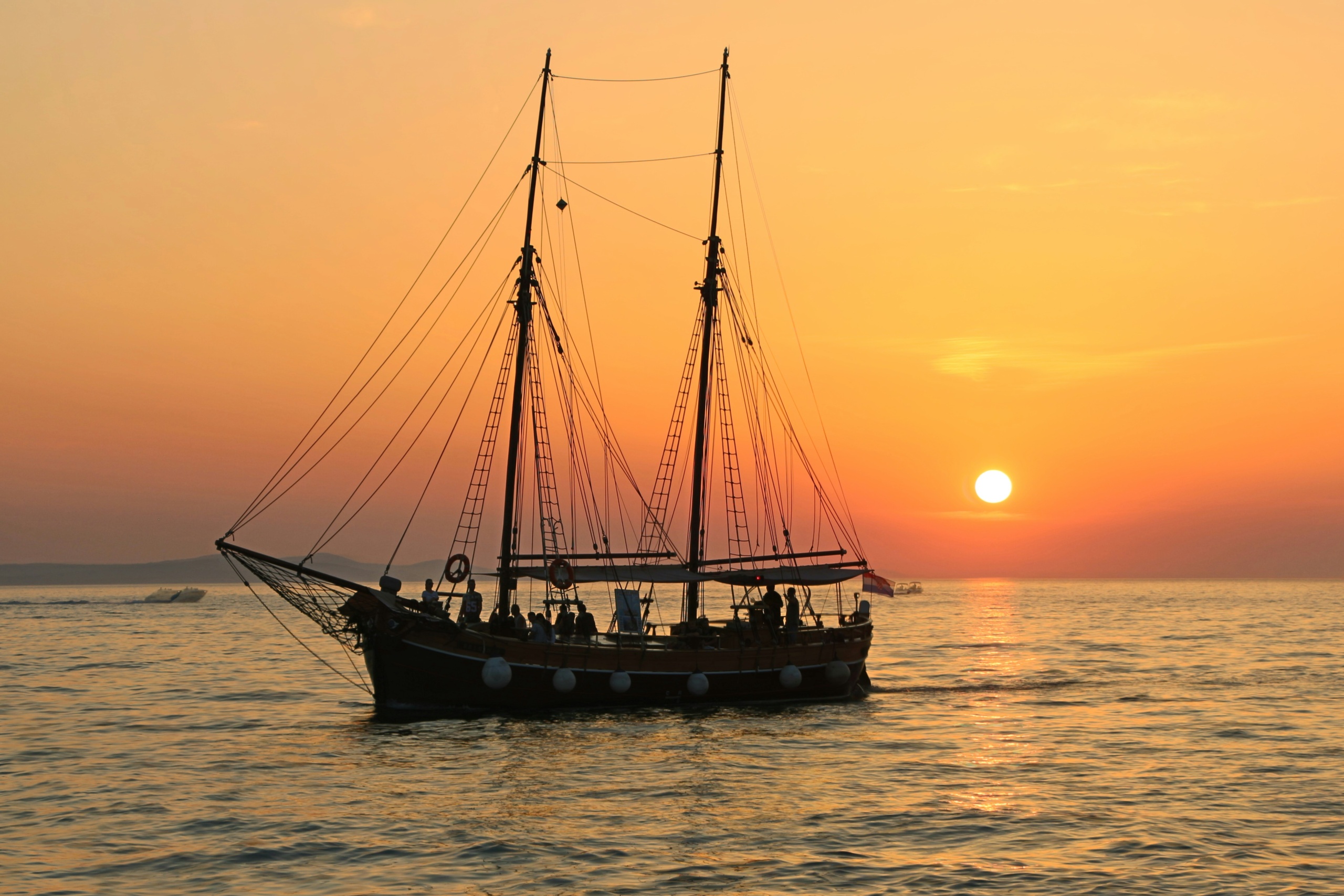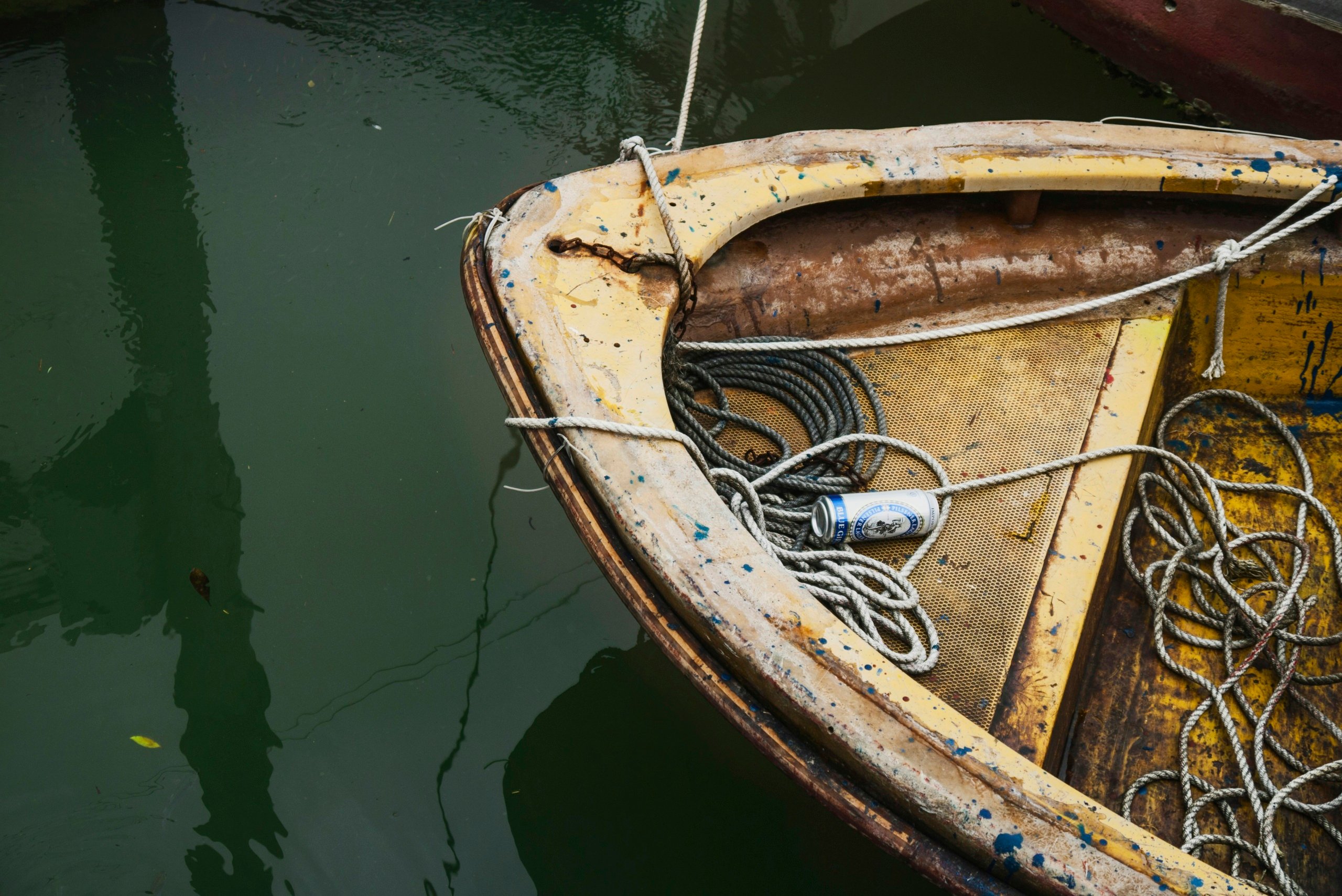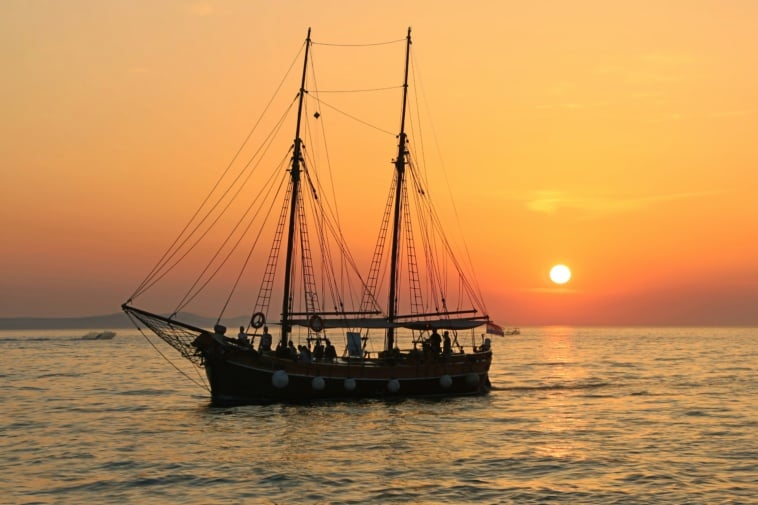Are you an aspiring photographer or videographer planning to document your adventures on a pontoon boat rental? If so, you may be wondering if there are any limitations or restrictions on capturing those picture-perfect moments. Rest assured, we’re here to put your mind at ease. In this article, we’ll explore whether there are any restrictions on photography or videography on pontoon boat rentals, so you can focus on capturing memories without any worries.
Safety Considerations
Importance of Safety
Safety should always be the top priority when engaging in photography or videography on pontoon boat rentals. Whether you are a professional or recreational photographer, taking the necessary precautions will help ensure a safe and enjoyable experience on the water. Ignoring safety guidelines can put yourself, your subjects, and other boaters at risk.
Potential Hazards to Consider
When capturing stunning photos or videos on a pontoon boat, it’s important to be aware of potential hazards that may arise. Uneven surfaces on the boat, rough waters, and unpredictable weather conditions can increase the risk of accidents. Additionally, factors such as equipment malfunction, overcrowding on the boat, and lack of proper safety gear can also pose dangers. It is crucial to take these hazards into account and prepare accordingly.
Safety Guidelines for Photography or Videography
To promote a safe environment while photographing or filming on a pontoon boat, there are several guidelines you should follow. First and foremost, always wear a properly fitting life jacket or personal flotation device (PFD). It’s also recommended to bring a first aid kit and a fire extinguisher on board. Familiarize yourself with the boat’s layout and emergency equipment location. Be cautious when moving around the boat, especially in rough waters. Lastly, ensure that your camera gear is secured to prevent any accidents or damage.
Boat Rental Policies
Reviewing the Rental Agreement
Before embarking on your photography or videography adventure, carefully review the boat rental agreement. This document outlines the terms and conditions set by the rental company, including any restrictions or limitations related to photography or videography. Familiarize yourself with the agreement to avoid any misunderstandings or potential legal issues.
Any Specific Restrictions
Some boat rental companies may have specific restrictions regarding photography or videography. This could include limitations on drone use, certain equipment regulations, or guidelines for professional shoots. Ensure that you are aware of any restrictions set by the rental company and adhere to them throughout your trip.
Permission Requirements for Commercial Use
If you plan to use the photos or videos taken on the pontoon boat for commercial purposes, it is essential to obtain the necessary permissions. This might involve obtaining model releases from individuals featured in your footage or obtaining permits to film in certain locations. Failure to obtain proper authorization can lead to legal consequences, so it’s important to do your due diligence in this regard.

Privacy and Consent
Respecting Privacy of Other Boaters
While photographing or filming on a pontoon boat, it is important to respect the privacy of other boaters. Avoid capturing individuals without their consent, especially in close-up shots or situations where they may feel uncomfortable. Be mindful of their personal space and seek permission if you plan to include them in your photos or videos.
Obtaining Consent for Subjects in Photos or Videos
When including individuals as subjects in your photography or videography, it is necessary to obtain their consent. This is especially crucial if you plan to use the footage for commercial purposes. Clearly communicate your intentions and obtain written consent from all individuals involved.
Legal Considerations for Privacy Invasion
Invading someone’s privacy can lead to legal consequences, including civil lawsuits. Make sure to understand the laws and regulations regarding privacy in the jurisdiction where you are operating. Be aware of any potential legal risks associated with capturing and sharing photos or videos of individuals without their consent.
Waterway Restrictions
Local Waterway Regulations
Every waterway has its own set of rules and regulations that must be followed. Before setting out on your pontoon boat rental, familiarize yourself with the local waterway regulations. This might include speed limits, navigation rules, or specific guidelines for photography or videography. Adhere to these regulations to ensure a safe and lawful experience.
Restricted Areas for Photography or Videography
In some areas, there may be designated zones where photography or videography is not allowed. These could be for safety reasons, sensitive ecological areas, or to protect the privacy of individuals. It is important to respect these restrictions and avoid capturing footage in prohibited areas.
Safety Zones and No-Go Areas
Waterways often have designated safety zones or no-go areas that should be avoided. These areas could be marked by buoys, signs, or specific navigation markers. Familiarize yourself with these designated zones to ensure the safety of yourself and others on the water. Avoid venturing into areas where photography or videography may pose a risk to yourself or others.

Lighting and Visibility
Consideration for Lighting Conditions
Lighting plays a crucial role in capturing high-quality photos or videos. When photographing or filming on a pontoon boat, consider the lighting conditions and plan your shots accordingly. Golden hour, the time just after sunrise or before sunset, often offers the best lighting for capturing stunning shots.
Enhancing Visibility in Photos or Videos
To enhance visibility in your photos or videos, consider using a polarizing filter. This filter helps reduce glare and enhances color saturation, resulting in clearer and more vibrant footage. Additionally, adjusting the exposure settings on your camera can help balance the lighting and prevent overexposure or underexposure.
Avoiding Distractions or Glare on the Water
When photographing or filming on the water, it’s important to be aware of distractions and glare that could affect the overall quality of your footage. Position yourself in a way that minimizes distractions in the frame, such as other boats or unnecessary clutter. Be mindful of the angle of the sun and position yourself to minimize glare on the water’s surface.
Equipment and Accessories
Waterproof or Water-Resistant Gear
Photographing or filming on a pontoon boat means being surrounded by water. To protect your valuable equipment, it is crucial to invest in waterproof or water-resistant gear. This includes waterproof camera housings or bags, as well as lens filters to prevent water droplets from distorting images. Don’t forget to secure your equipment to prevent accidental drops into the water.
Stabilization Devices for Smooth Shots
Capturing smooth footage on a moving boat can be challenging. Using stabilization devices, such as tripods, gimbals, or image stabilization features on your camera or camcorder, can help reduce camera shake and produce professional-looking shots. Consider investing in these accessories to achieve steady footage even in choppy waters.
Accessories for Protection and Storage
Protecting your equipment from the elements is essential. Consider investing in accessories such as lens hoods, UV filters, and camera rain covers to shield your gear from water, sunlight, and dirt. Additionally, pack waterproof cases or bags to safely store your equipment during transportation or when not in use.

Environmental Impact
Protecting the Natural Habitat
As a photographer or videographer, it’s essential to minimize your impact on the natural habitat while capturing beautiful moments on a pontoon boat. Avoid disturbing or causing harm to the wildlife or their habitats. Respect nesting sites, breeding grounds, and other sensitive areas. Leave only footprints and take only memories.
Avoiding Harm to Wildlife
When photographing or filming wildlife, it’s important to maintain a respectful distance and not interfere with their natural behaviors. Do not chase, feed, or provoke wildlife for the sake of capturing a shot. Respect their boundaries and observe from a distance to avoid causing stress or harm to the animals.
Laws and Regulations for Environmental Protection
Research and familiarize yourself with the local laws and regulations pertaining to environmental protection. Follow these guidelines to ensure that your activities do not infringe upon protected areas, harm endangered species, or disturb delicate ecosystems. By being responsible and aware, you can contribute to the preservation of natural habitats for future generations.
Professional vs. Recreational Use
Defining Professional Photography or Videography
Distinguishing between professional and recreational photography or videography is important, as it can affect the rules and requirements you need to follow. Professional photography or videography involves capturing footage for commercial purposes or for clients, while recreational use refers to personal projects or enjoyment.
Additional Requirements for Commercial Use
If you plan to use the photos or videos taken on the pontoon boat for commercial purposes, there may be additional requirements you need to fulfill. This could include obtaining permits, licensing, or insurance specific to commercial photography or videography. Familiarize yourself with these requirements to ensure full compliance with the law.
Insurance and Liability Considerations
Photographing or filming on a pontoon boat may involve certain risks and potential liabilities. It is important to have the necessary insurance coverage to protect yourself, your equipment, and any third parties involved. Consult with an insurance professional to ensure that you have adequate coverage for your activities on the water.
Social Media and Online Sharing
Responsible Use of Photos or Videos
When sharing your photos or videos taken on a pontoon boat, it is essential to act responsibly. Respect the privacy of individuals who may be featured in your footage and obtain their consent before sharing it publicly. Be mindful of the content you post online and ensure that it aligns with ethical guidelines and community standards.
Considerations for Sharing Locations
When sharing your location while photographing or filming on a pontoon boat, it’s important to consider the potential impact on the environment and other boaters. Avoid disclosing sensitive or protected areas that could be negatively affected by an influx of visitors. Exercise discretion when sharing location information to maintain the integrity of natural habitats.
Ethics of Tagging or Identifying Individuals
If you choose to tag or identify individuals in your photos or videos, it is crucial to obtain their consent beforehand. Always respect their privacy and be mindful of how your actions may affect them. Consider the potential consequences of tagging or identifying individuals, as it could impact their personal lives or safety.
Recording Equipment
Choosing Suitable Cameras or Camcorders
Selecting the right camera or camcorder for capturing footage on a pontoon boat is crucial. Choose equipment that is weatherproof or can be safely protected with waterproof cases. Consider factors such as image quality, low-light performance, and optical zoom capabilities to ensure you capture the best shots possible.
Recommended Accessories for High-Quality Footage
To enhance the quality of your footage, consider investing in accessories such as professional-grade lenses, external microphones, and filters. These accessories can help you capture clearer audio, adjust for specific lighting conditions, and achieve a more professional look and feel in your photos or videos.
Storage and Backup Solutions
When photographing or filming on a pontoon boat, it is essential to have a reliable storage and backup solution for your footage. Use high-capacity memory cards or external hard drives to ensure you have enough space to store all your files. Consider utilizing a backup system, such as cloud storage or redundant storage devices, to protect your footage from loss or damage.
By following these guidelines and considering the safety, privacy, and environmental aspects of photography or videography on pontoon boat rentals, you can create memorable footage while ensuring a positive experience for yourself and others on the water. Remember, safety and respect should always be at the forefront of your activities, so you can enjoy your time capturing breathtaking moments to share with the world.





